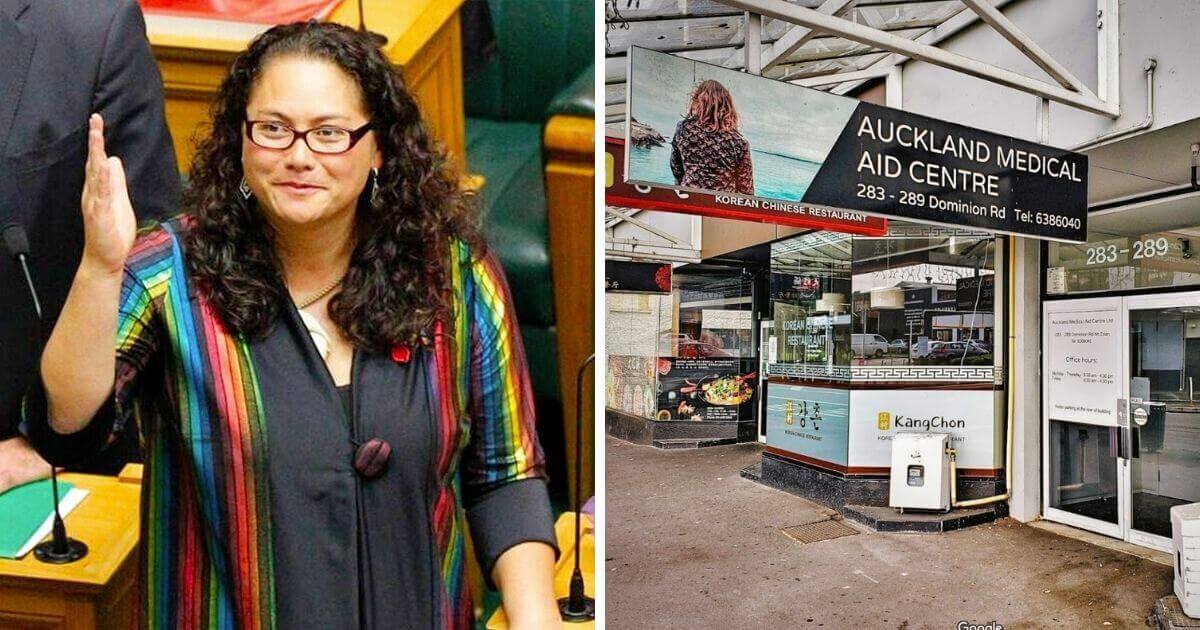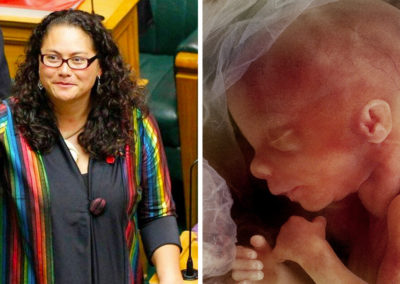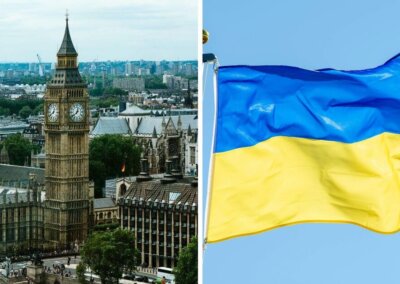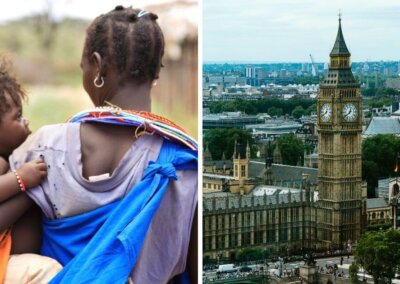A New Zealand MP is seeking to introduce censorship zones of 150 metres surrounding abortion clinics in the country.
Labour MP, Louisa Wall, has put forward legislation that is expected to be debated this week, which would prevent people from offering help and practical alternatives to abortion outside abortion clinics.
Wall said: “What [this Bill] does is provide for the establishment of 150 metre safe zones around abortion facilities – the rationale for it is to protect the safety and wellbeing and protect the privacy and dignity of patients and practitioners”.
The Bill will go to a conscience vote, which means that MPs do not have to vote along party lines.
Leader of the ACT Party, David Seymour, has expressed concern about the use of the term “communicate” within the Bill. The Bill would make it illegal to communicate with a person in a censorship zone “in a manner that an ordinary reasonable person would know would cause emotional distress to a protected person”.
Seymour said: “We object to the [word] communicate”.
“Once you give a Minister the ability to put restrictions on communication, you’re going down a very dark route”.
Another attempt to introduce censorship zones
Pro-abortion MPs in New Zealand had sought to introduce criminalised free speech zones when they initially voted in an extreme abortion regime in the country last year.
However, they accidentally allowed an amendment preventing the establishment of “buffer zones” to pass unchallenged and without a vote.
The Green Party failed in its attempt to reverse a mistake that resulted in criminalised free speech zones, which prevent pro-life help from being offered outside abortion clinics, being excluded from the legislation.
Green Party co-leader Marama Davidson had attempted to reverse their mistake and reintroduce the measure, but MPs voted 77 to 43 against it.
The new bill is expected to receive a First Reading this week before needing to pass a number of other stages before it becomes law.
Censorship zones in the UK
There have been multiple attempts to introduce similar censorship zones outside abortion clinics in the UK too. Earlier this month, councillors in Scotland decided to back a campaign seeking to introduce censorship legislation around an abortion clinic in the capital.
In England and Wales, a bill to introduce censorship zones, which was brought forward by Rupa Huq MP, failed to pass through the Commons at its Second Reading in September.
In 2018, Sajid Javid announced that the Home Office could not find adequate reason to introduce censorship zones, stating: “[…] introducing national buffer zones would not be a proportionate response, considering the experiences of the majority of hospitals and clinics, and considering that the majority of activities are more passive in nature. In making my decision, I am also aware that legislation already exists to restrict protest activities that cause harm to others”.
Opposition to censorship zones
Opposition to censorship zones extends beyond pro-life advocates to unite a large part of society, that may not agree with the pro-life position on abortion but opposes censorship zones as a threat to freedom of speech.
Despite supporting abortion, a number of prominent human rights groups and campaigners have spoken out against the introduction of censorship zones. This includes Peter Tatchell, the Manifesto Club, Big Brother Watch, Index on Censorship and the Freedom Association.
Right To Life UK spokesperson, Catherine Robinson, said: “New Zealand, like the UK, already has laws prohibiting intimidation and harassment. If this sort of behaviour takes place outside abortion clinics, or indeed anywhere else, the accused party could, and should, be fully investigated, and convicted if found guilty, under the law as it currently exists. This law essentially criminalises speaking with people about abortion outside abortion clinics. It would be an instance of the state determining criminalising not only free expression but also offers of assistance”.











